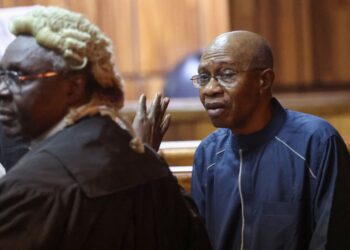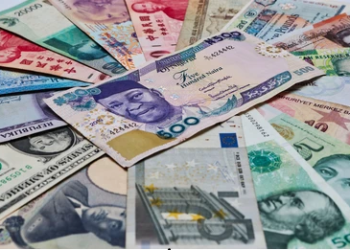In a recent development, the Federal Government, through the Central Bank of Nigeria, has once again adjusted the exchange rate for cargo clearance, setting it at N1,605 per dollar. This decision comes on the heels of previous adjustments, reflecting the dynamic nature of economic policies in the country.
The new exchange rate represents an increase from the previous rate of N1,515/$, which itself was preceded by several adjustments in recent months. Since January, the rate has experienced fluctuations, starting from N952/$ in December and rising steadily to its current level.
This move by the government has significant implications for businesses engaged in importation and exportation activities. The adjustment in the exchange rate directly affects the cost of clearing goods at the ports, potentially impacting the overall cost structure for businesses involved in international trade.
Observers note that such frequent adjustments in the exchange rate highlight the challenges faced by businesses in navigating the Nigerian economic landscape. The volatility in exchange rates introduces uncertainty and adds complexity to financial planning and decision-making processes for businesses operating in the country.
It is essential for stakeholders, including importers, exporters, and policymakers, to closely monitor these developments and adapt their strategies accordingly. Understanding the implications of exchange rate fluctuations is crucial for mitigating risks and ensuring the sustainability of businesses involved in international trade.
As the Nigerian Customs Service implements the new exchange rate for cargo clearance, businesses will need to assess its impact on their operations and make necessary adjustments to remain competitive in the global market.
Overall, the decision to raise the exchange rate for cargo clearance underscores the government’s efforts to manage currency dynamics and maintain stability in the foreign exchange market. However, its implications for businesses highlight the ongoing challenges in Nigeria’s economic landscape and the need for proactive measures to address them.











